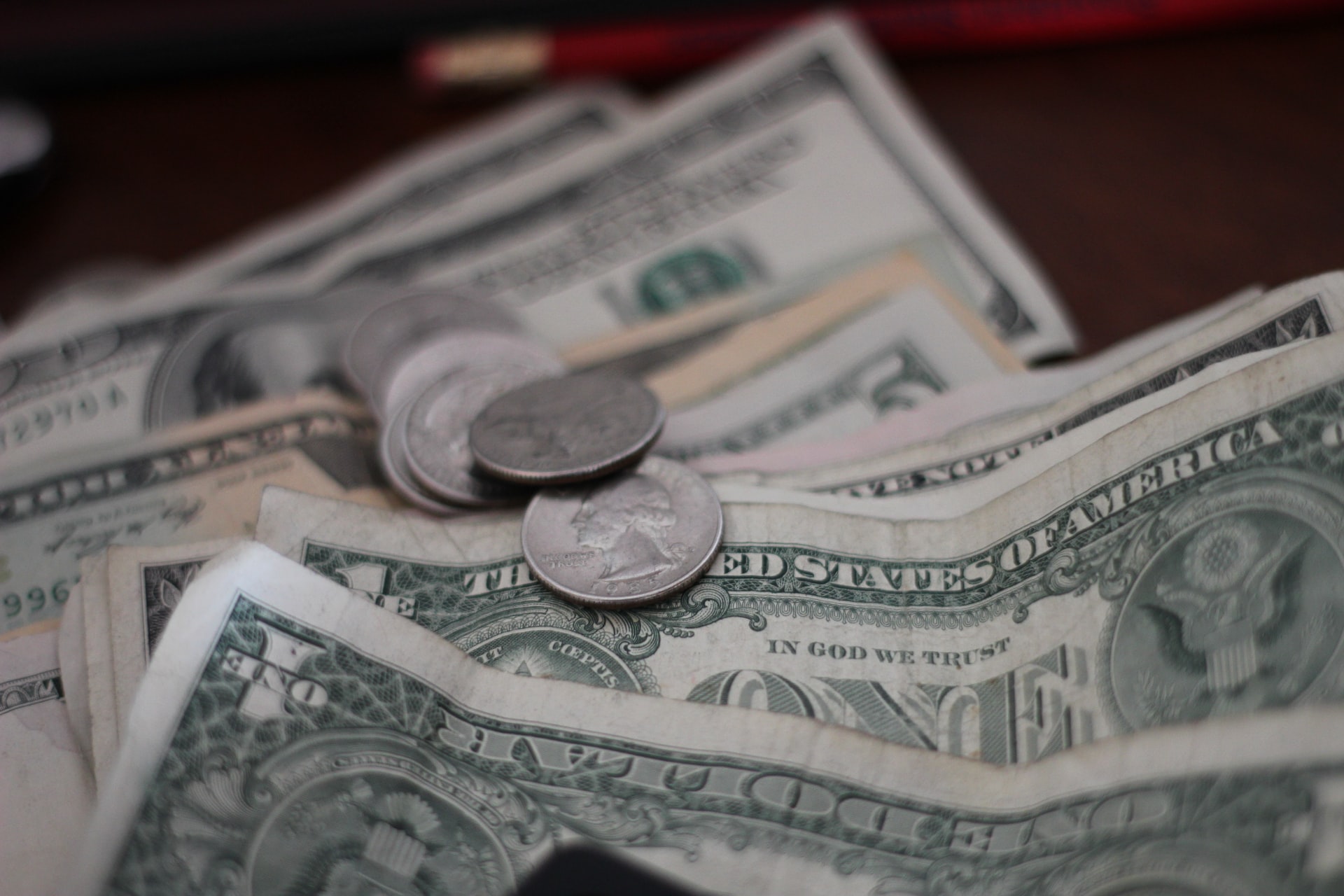Your credit score is one of your most important financial numbers. This score impacts where you live, how much you pay each month and other significant decisions. Many financial institutions and individuals use this score to gauge your ability to manage obligations. Consumers with a 500 credit score may wonder what their score can provide. We’ll share what to know about a 500 credit score and some strategies to increase your score.
Credit bureaus have established five credit score categories, ranging from poor to exceptional. Here are the FICO score categories:
- Poor: 300-579
- Fair: 580—669
- Good: 670-739
- Very Good: 740-799
- Exceptional: 800-850
A 500 credit score is not the best. Consumers with this score should strive to improve it quickly by paying debts and using other tactics. We’ll soon discuss credit-building strategies, but it’s important to emphasize how a poor credit score can impact your life.
What Does It Mean to Have A 500 Credit Score?
A 500 credit score puts you in the “Poor” FICO scoring category. As a result, people will be wary about trusting you with additional debt. We’ve highlighted some of the outcomes of a low credit score.
Difficulty Of Getting Loans
A 500 credit score hurts your chances of obtaining a loan. Many lenders set credit score minimums far above 500. As a result, you won’t qualify for a conventional loan, restricting you from vital funds. You may not need a loan now, but if you need one in the future for a medical expense or another emergency, a 500 credit score will hold you back.
Low credit makes it challenging to qualify for a mortgage, slowing the path to homeownership. The best way to compensate for a lower credit score is to make a larger down payment. Although conventional loans are out of the question, you can get an FHA loan. Some lenders may give you an FHA loan if you make a 10% down payment, even with a 500 credit score. However, lenders won’t give home buyers an FHA loan if they have credit scores below 500. While an FHA loan is a viable path to homeownership for people with bad credit, it’s better to raise your credit before getting a loan.
Higher Interest Rates
Lenders incur a risk each time they hand out loans. The borrower could default, leaving the lender on the hook for the difference. Lenders protect themselves through various strategies, including collateral. That’s why a lender can take your property if you stop paying the loan.
Lenders don’t only protect themselves by having borrowers offer collateral. They also charge higher interest rates to borrowers with low credit. High interest rates can add thousands of dollars to your loan. Most buyers will look at double-digit APRs for personal loans if they qualify. APRs can reach triple digits for payday and title loans. Payday and title loans are among the worst in the industry, but they don’t require credit checks. These loans attract borrowers who can’t get any other type of financing.
Difficulty Getting a Job
Employers run background checks before hiring employees. Some employers will check your credit score, especially if you’re responsible for managing financial transactions. Some employers require credit reports before hiring you, but they can’t sneak behind your back to obtain your report. Instead, they will ask for permission to initiate a hard credit inquiry.
Some employers will not proceed with your application if they see a bad credit history. These companies may wonder if applicants can perform well at the job if they need help managing their finances. Most employers won’t ask for a credit report, but if they do, a 500 credit score can hurt your chances of landing the job.
Trouble Finding Apartments
Landlords don’t let anyone become a tenant. They do a screening process to reduce the risk of squatters, property damage, and other factors. Landlords would like to select a tenant who pays on time and stays in the apartment unit for several years. Most landlords look at credit scores to determine if potential tenants can make rent payments.
Some apartment buildings may have one available unit and five candidates. Landlords can get pickier and select the lowest-risk tenant with the best credit score. You may have to reach out to several apartment owners to secure a place. Some renters with low credit settle for riskier neighborhoods or smaller units in exchange for housing. A 500 credit score turns the apartment search into an uphill battle.
Higher Insurance Costs
People use insurance to cover various costs. Some insurance policies are great, but other policies, such as car insurance, are required. Insurers will check your credit score before giving you a policy. These companies prefer giving policies to people who can reliably make monthly payments. Insurance companies view a policyholder with a 500 credit score as a higher risk. These policyholders may not have enough funds to pay the policy for years.
Insurance companies want to squeeze out every possible dollar. So, they will increase premiums to balance their risk. An FTC study shows a correlation between low credit scores and more accidents. Studies like these make insurance companies feel vindicated in charging premiums for low-credit users, but the practice isn’t free of controversy. Some states have banned auto insurers from using credit scores to assess applicants. However, insurance companies offering other policies may have more leeway depending on state regulations and the type of policy.
5 Ways to Raise Your Credit Score Over 500
Consumers should raise their credit scores long before needing a loan. Now is the best time to improve your credit since a higher score introduces more opportunities at lower costs. We have highlighted three quick ways to improve your credit score and get it above 500.
Check Credit Reports for Errors
Credit reports aren’t perfect. However, you can get a free copy of your report from the three credit bureaus every 12 months. Check the report for errors and contact credit bureaus about anything you find. While you may not find any errors with this approach, fixing some mistakes can quickly boost your credit score.
Get A Credit Builder Loan
Payment history makes up 35% of your credit score. Most people with low credit scores fall behind on debt or don’t have enough payment history. A financially responsible person can have a low credit score due to a nonexistent payment history.
Credit builder loans solve these problems. The credit builder loan’s primary purpose is building up your payment history. While traditional loans give you money upfront, credit builder loans only provide the principal after you repay the loan. This arrangement reduces a lender’s risk and makes it easier for them to work with a borrower with a poor credit score. Monthly payments get reported to the major credit bureaus so you can rebuild a 500 credit score into a good score that helps you qualify for better loans. Most credit builder loans are between $500 to $1,000 over 6-24 months, making them more manageable than other loans.
Get a Secured Credit Card
Many credit card issuers have requirements to get a card. It’s hard to get an unsecured card if you have a poor credit score, but you can get a secured credit card even if you have a 500 credit score.
A secured credit card is just like a credit card, except it requires a security deposit. That security deposit becomes your credit limit. When you make purchases and repay your credit card balance, the credit card company reports your payment history to the three credit bureaus. You’ll build credit through everyday purchases if you pay the debt on time. You can build your credit score when you buy groceries or other essentials. Set a budget, and only spend what you can handle.
Pay Down Existing Debt
A good credit score can only improve if you stay caught up on more debt. Paying down existing debt helps you escape the negative cycle, but it also helps your credit utilization ratio. This metric measures how much money you have borrowed against your credit limit. For example, if you have a $1,000 credit limit and a $200 balance on that limit, you have a 20% credit utilization ratio. This is an acceptable ratio that will improve your credit score. A credit utilization ratio under 30% will help someone with a 500 credit score, but it’s ideal for getting this number below 10%.
You can lower your credit utilization ratio by increasing your credit limit or paying off more of your debt. Since it’s not a good idea to apply for credit and get multiple hard credit checks in the process (something that hurts your credit score), your best option is repaying debt.
Get Your Debit Card Activity Reported to the Major Credit Bureaus
Credit cards can get you deep into debt, and their high interest rates make it difficult to claw your way out of a hole. It’s one of the main reasons people use debit cards instead of credit cards, even though the latter can improve your credit. Unfortunately, how most debit cards are set up prevents you from building credit with on-time payments on everyday purchases.







